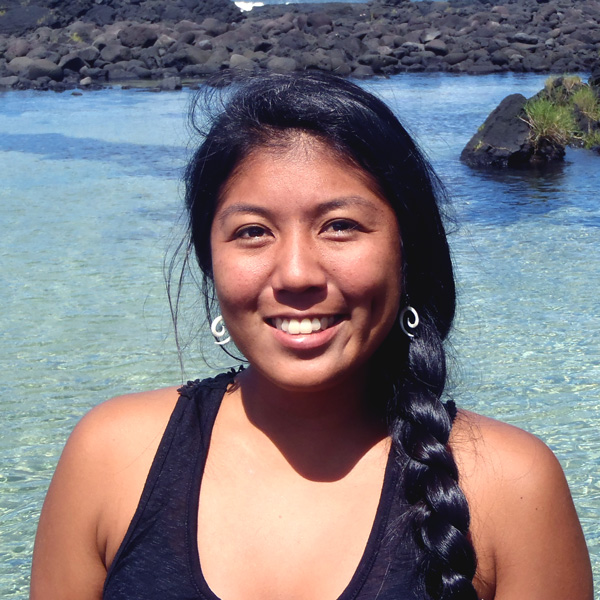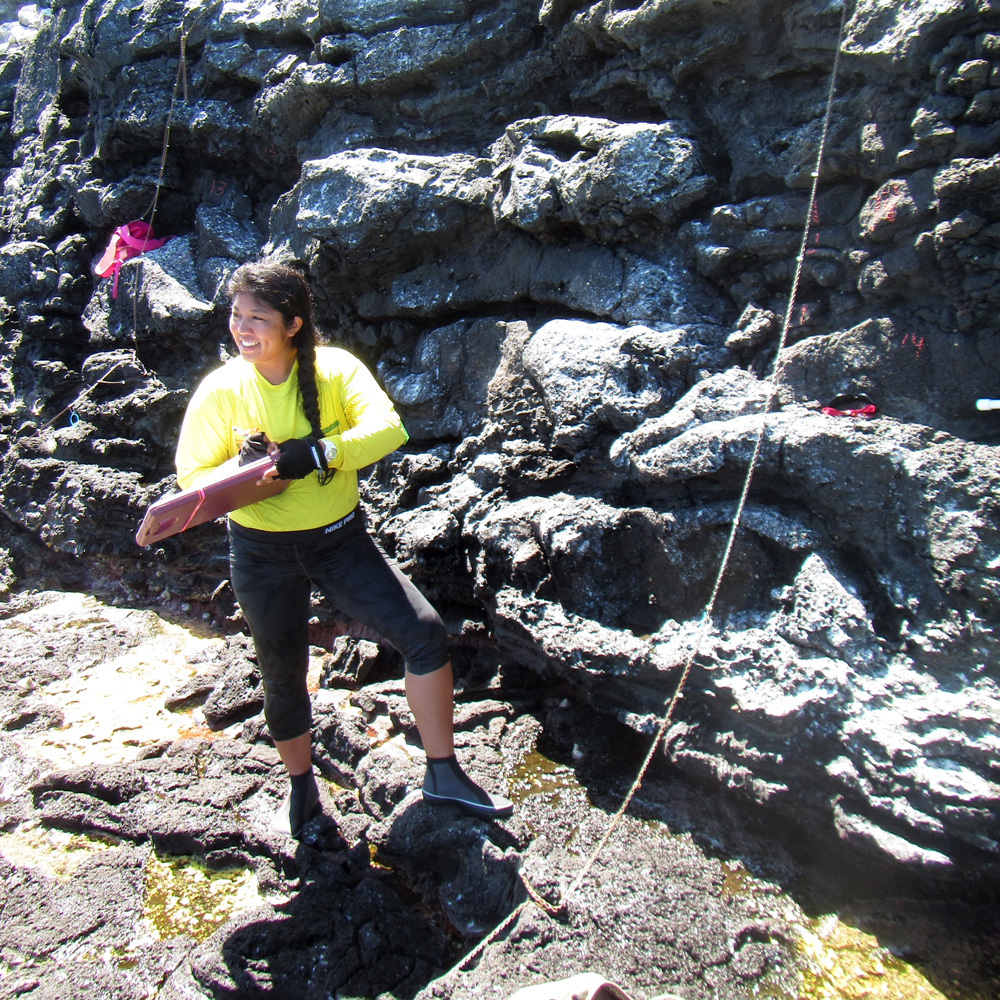Career Spotlights


Kehau Springer
How did you find yourself in conservation? Who (or what) is your biggest inspiration in committing to this field?
Growing up in Kaimukī, Waikīkī and East Oʻahu I would always find ways to be in the ocean. Although very altered and considered a “concrete jungle” I always knew I wanted to work to protect, mālama and steward our ʻāina and kai. I was just lucky and maybe smart enough to figure out really early (in High School) how to make a career out of the things I love to do, which is being in and around the ocean.
My biggest inspiration as a young girl was being in the ocean with my dad and ʻohana. He would take us swimming, surfing, holoholo, diving, pole fishing off his zodiac and I knew I wanted to always be able to do these kinds of things for the rest of my life. I also knew these environments were fragile and saw the inundation and increase in tourist and development happening in my back yard and wanted to do something about it. My inspiration kept growing as I was exposed to so many practitioners like Uncle Mac Poepoe and communities who had this same passion. Another pivotal moment was my experience in Papahānaumokuākea on a trip to Pihemanu where I saw abundance and momona like I never saw before. Those spiritual connections where just confirmations that I was on the right path and just had to listen to my naʻau, do what is pono and holomua.
Describe a typical work week or work day.
There is no typical work week, it changes every week, every month. I guess that is what I love about my job. The constant and stability of my job is knowing that all the work I do is to serve my lāhui. The projects I get to work on are amazing because it directly serves coastal fishing communities that are striving towards ʻāina/kai momona. What that looks like for each community is different, sometimes it is resource monitoring, strategic planning and other times it is education and outreach but we get to make progress by working together.
What is your most favorite or valuable memory working in the conservation field?
There are so many, however we recently organized an ecological monitoring event for a community that asked us for our support to help them monitor their coastal resources. It took months of planning to co-develop a plan that was in line with the objectives and goals of the community all while coordinating with other NGOʻs, State and private organizations. In the end everyone was happy and felt so good about this monitoring, because the intentions from the beginning to end were all pono and transparent to all. Everyone worked together to support this community to 1) gather information on their coastal resources 2) learn what and how those resources mean to them 3) share experiences and methods to observe and monitor those resources and most importantly 4) build connections with each other, to the place and to the resources.
What is conservation to you?
It is the reciprocal relationship one has with his/her ʻāina/kai. We rely on our earth to feed us physically and spiritually, so we in turn need to mālama her.
What advice do you have for students or emerging professionals?
Build strong foundations, relations and connections to your ʻohana (family), your kaiāulu (community) and your ʻāina/kai (environment). Listen to your naʻau in all you do and everything will be pono.
